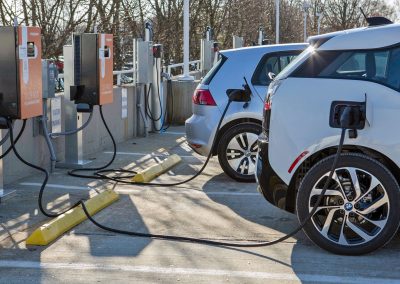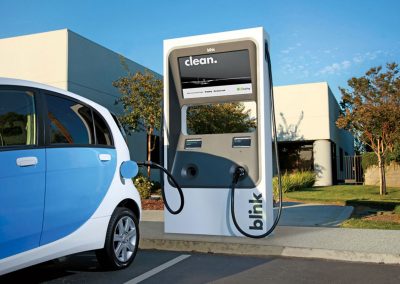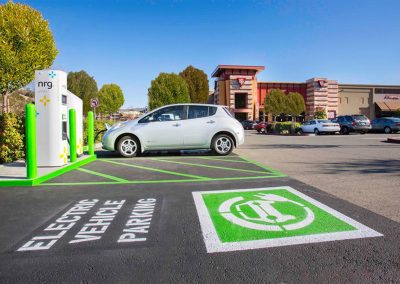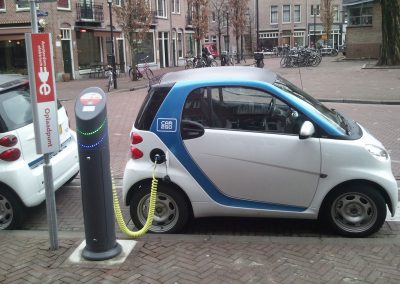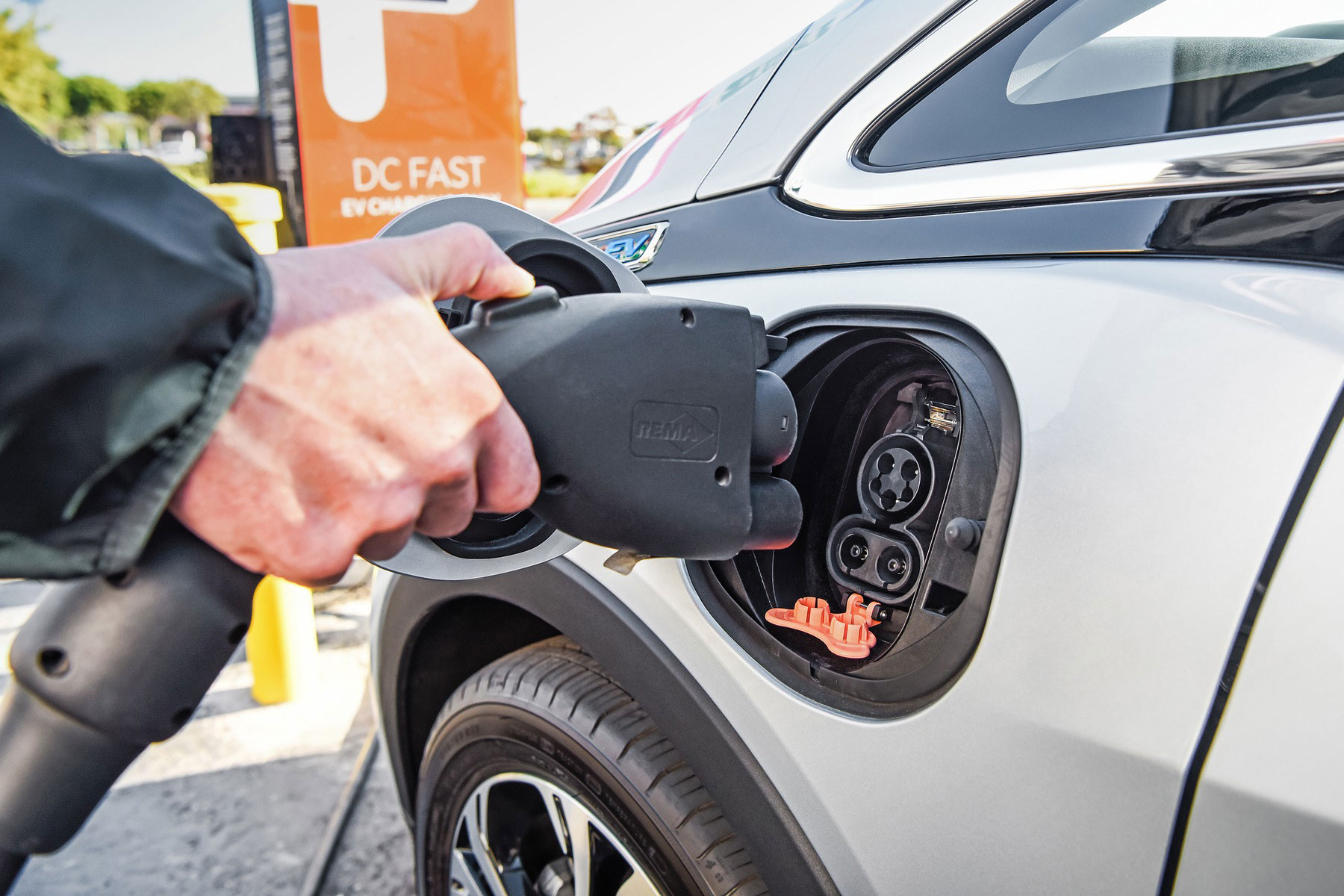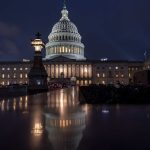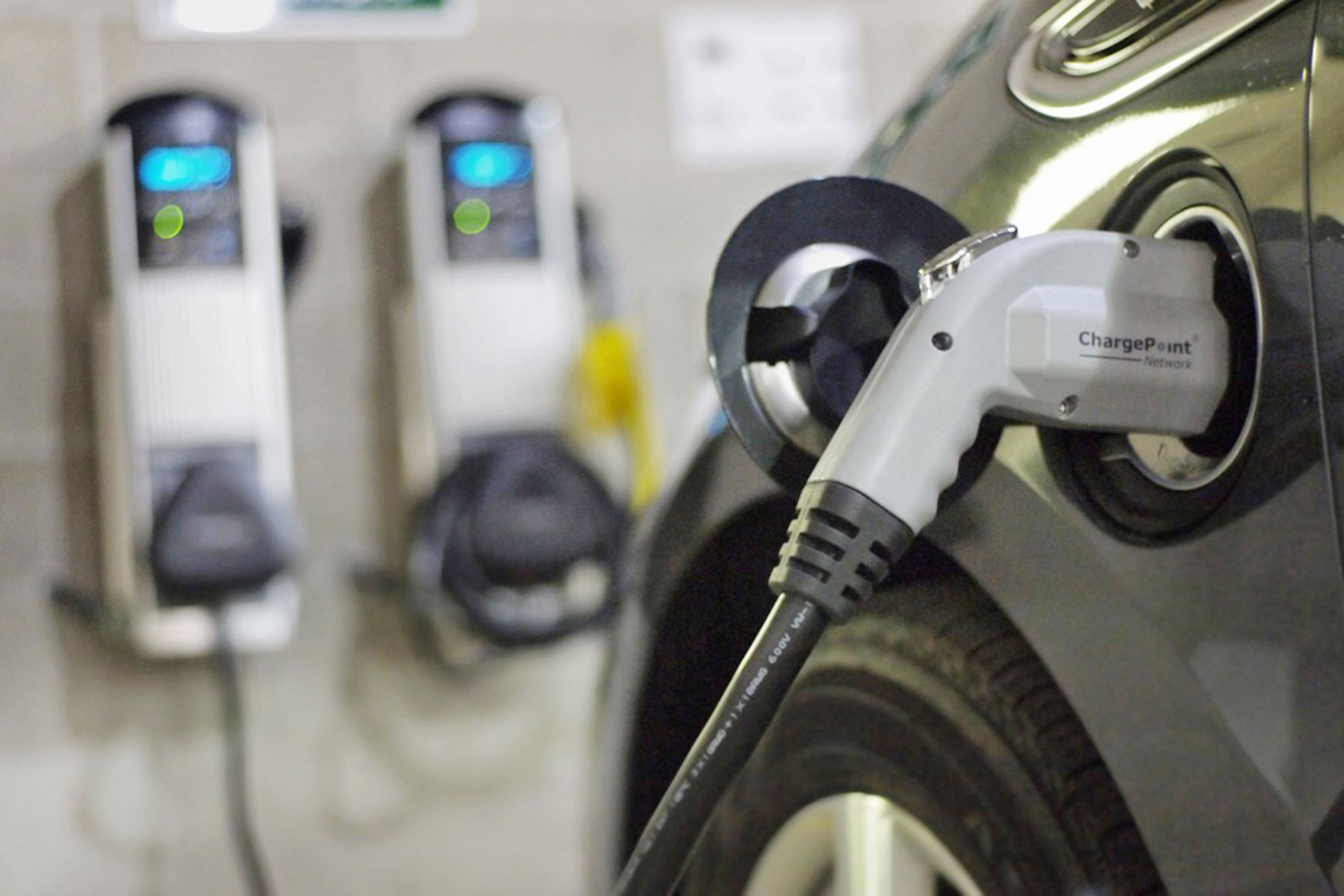
With Electric Vehicles (EVs) hitting U.S. streets in record numbers, a new study by the WISPIRG Foundation and Frontier Group highlights best practices to help Milwaukee officials make the city and surrounding communities as EV-friendly as possible.
The new report, Plugging In: Readying America’s Cities for the Arrival of Electric Vehicles, includes local data for Madison and Milwaukee, projecting the number of electric cars on the road in coming years and how cities can accommodate these new EVs with enough places to park and recharge.
“Electric cars are leaving gas-guzzlers in the dust,” said Peter Skopec, WISPIRG Foundation Director. “We have an opportunity to make a positive change after more than a century of vehicles spewing pollutants into the air. Local and state officials who want to plug in to this opportunity need to commit to an EV-friendly infrastructure as smooth and fast as possible.”
In particular, the report calls on local officials to implement the following EV-friendly policies:
- Residential access to on-street EV charging
- Access to public charging stations
- Support for private investment in publicly-accessible stations
- Incentivized EV parking and charging
EV sales nationwide increased 38 percent in 2016, and then another 32 percent throughout 2017, as charging stations became more convenient. Those electric car purchases reflect Americans’ values, including a desire to protect our communities’ public health, reduce global warming pollution and stop using so much oil.
“The findings and recommendations of the WISPIRG Foundation’s electric vehicle report are aligned with the vision we have for a clean transportation future in Dane County,” said Keith Reopelle, Director of the Dane County Office of Energy and Climate Change. “Dane County is a Midwest leader in the use of clean fuels, particularly renewable (landfill) compressed gas, and enabling expansion of EVs is another key piece to the clean transportation puzzle.”
With more electric vehicles on the road, and many more coming soon, local governments need to map out where EVs will charge, particularly in city centers and neighborhoods without off-street parking. Major cities will need to install hundreds to thousands of new publicly-accessible electric vehicle chargers to keep the increased number of EVs running, depending on the size of the city.
- Milwaukee could have 17,000 EVs on city streets by 2030. Milwaukee will need more than 600 additional public and workplace charging stations by 2030 to accommodate these EVs.
- Madison could see 9,000 electric vehicles on the road by 2030, requiring up to 280 additional public and workplace charging locations, according to the WISPIRG Foundation’s report.
Even the change-resistant auto industry recognizes that the future is electric. GM plans to launch 20 EV models by 2023, while Ford announced last month it plans to invest $11 billion in EVs, with a goal of having 40 models by 2022. These new cars don’t just check off the “electric” box; they’re earning acclaim from mainstream car enthusiasts. Motor Trend even named Chevrolet’s Bolt the 2017 Car of the Year.
“We have been working to electrify transportation since our electric vehicle public charging network launched nearly a decade ago,” said Steve Schultz, Corporate Communications Manager at MGE. “The electrification of transportation is a key strategy for reducing carbon emissions, which is a goal under MGE’s Energy 2030 framework. MGE remains committed to partnering with public and private stakeholders to expand the use of electric vehicles. A cleaner future is important to our community and to MGE.”
“American cities risk being unprepared for the impending arrival of thousands of electric vehicles on their streets,” said Alana Miller, policy analyst at Frontier Group and co-author of Plugging In. “Without forward-thinking policies that give EV owners places to park and charge their vehicles, cities could lose out on the health and air quality benefits that electric vehicles can deliver.”
The report’s authors note that local and state officials increasingly are having to lead on issues related to climate change, clean energy, and clean cars, as the Trump administration dismantles federal policies that offered concrete solutions to these issues. In the coming weeks, the administration is expected to propose new steps towards revoking federal fuel efficiency standards and weakening clean car policies.
“Adopting smart public policies, which have been implemented already in visionary American and international cities, can help more U.S. cities lead the electric vehicle revolution,” noted Skopec. “For the sake of our public health and environment, it’s crucial that we expand access to clean transportation for those who live, work and play in our urban centers. And once we complete the transition away from gasoline and diesel, we can all breathe easier and see more clearly.”

